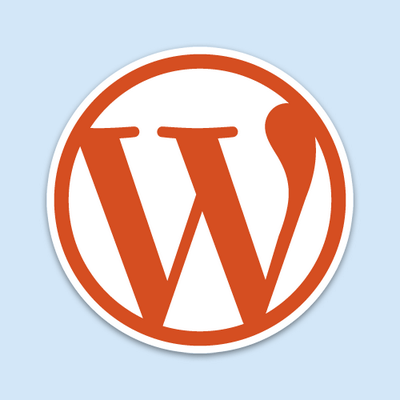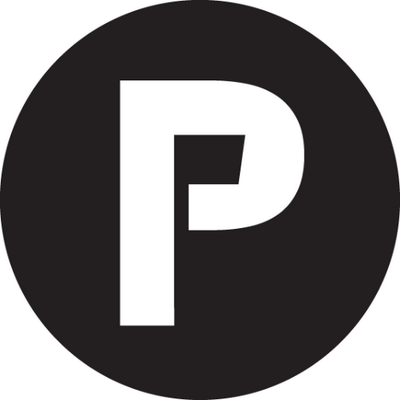POV: Why You Should Start Working in Drupal 8 Today

By Michael E. Meyers, Acquia.com
If your websites are sitting comfortably on Drupal 7, you may not be considering a migration to Drupal 8 or adopting Drupal 8 for your next project. Drupal 7 is mature, stable and well-supported framework; why disrupt your work and team with a new version?
Truth is, if you're not planning for and learning about Drupal 8, you're already falling behind.
Migrations and Web projects take time and investment, but there are many advantages to being early in the development cycle that make the potential risks and short-term pain worth the trouble.
I was brought on as CTO at Examiner.com in 2009 when the company sought to get out from under legacy systems that were slowing growth down. We faced a big question for our Web project: adopt a stable but mature technology in Drupal 6, or take a bold leap and implement the yet-to-be-released Drupal 7?
Ultimately, we chose to be bold, and here's why you should too.
With each release Drupal becomes more powerful and easier to use
Developers will love that Drupal 8 is built to be services based, is object oriented, integrated with Symfony, and more. It also offers new capabilities for content authors, site builders and designers. Simply put, Drupal 8 makes learning and doing things so much easier than before; the point-and-click authoring and site building enables you to engage more non-technical people across your organization in contributing to and building your websites. You and your organization will move faster as a result.
Leap frog - iterate faster, and maximize the lifecycle of your investment
Drupal 8 is also built to handle whatever the future may hold - the new architecture and the community's commitment to six-month release cycles will allow for ongoing improvements at a significantly faster pace. You'll get a lot more value out of your Drupal 8 investment, over a much longer period of time, because it will have a much longer lifecycle. That kind of ROI will offset the upfront investments you make.
We experienced these benefits during my time at Examiner.com. With Drupal, we were able to deliver new features on a much faster cadence and phase out older technologies quicker. New features and capabilities helped us grow our user base, enabling our users to add more new content faster, which accelerated our growth. It was night and day from where we started; before moving to Drupal, we were racking up technical debt and the costs and effort associated with maintaining a legacy system, let alone trying to grow and build on top of those older systems.
Differentiate yourself and your organization from the competition
People like you who helped create Drupal 8 have been working on the best practices and methodologies that millions of websites, and thousands of organizations are going to start adopting. The earlier you get engaged, the more you have an opportunity to contribute to and help shape these new best practices, putting you in a very advantageous leadership position. Drupal has the largest contributor base of any open source community in the world - anyone can jump in and participate - and getting involved will accelerate the trajectory of your career. At the very least, by adopting Drupal 8 now, you'll have the upper hand over competitors who are still in the wait-and-see mentality. While they are still thinking about the capabilities of Drupal 8, you'll know how to actually use them.
Being early to Drupal 8 not only puts you ahead of your peers, it's a great way to keep your team engaged, learning and growing. Great people want to work on exciting projects and learn new things to stay sharp. The more you foster the growth of your team, the more likely you are to attract top talent. And this becomes a self-fulfilling prophecy; the more top talent you have, the more top talent you attract.
The earlier you start, the more benefit and value you'll get
The biggest benefits of open source come from working as part of the community and taking a more extensible platform approach to your software. Organizations that get actively engaged in the community's work tend to find new hires quicker and attract top talent. They execute faster and have far lower costs for each site they maintain. And being among the early Drupal 8 experts, you'll be in position to help drive and shape Drupal's direction.
At Examiner.com, we very quickly built a team comprised of many of the top contributors to Drupal because we were committed to open source and willing to be active in the community. The best developers wanted to work with us because we created an alignment between their personal passion - building out and contributing to specific subsystems within Drupal - with their careers. It put us in the driver seat with our technology and allowed us to be very innovative.
There is no better time than now
When we launched Examiner.com, Drupal 7 was still in beta; its official release came six months later. Drupal 8 is much further down the path, and hundreds of Drupal 8 sites are live today. Now's the time to start learning, planning and making the case internally for your next project. Otherwise, in just a few months, you'll find yourself playing catch-up.
Michael E. Meyers is the VP of developer relations for Acquia.com and an Emmy-nominated technologist and entrepreneur with over 17 years of experience managing and leading local and globally distributed teams.

Subscribe to Our Newsletter!
Latest in Software








